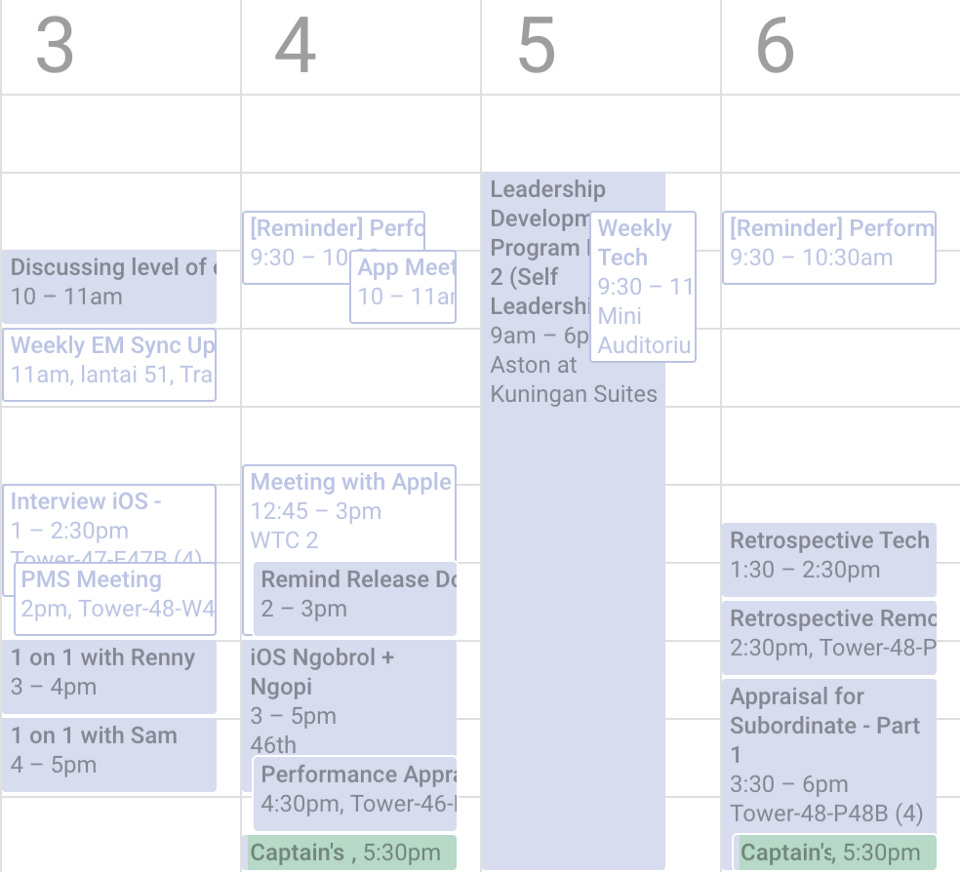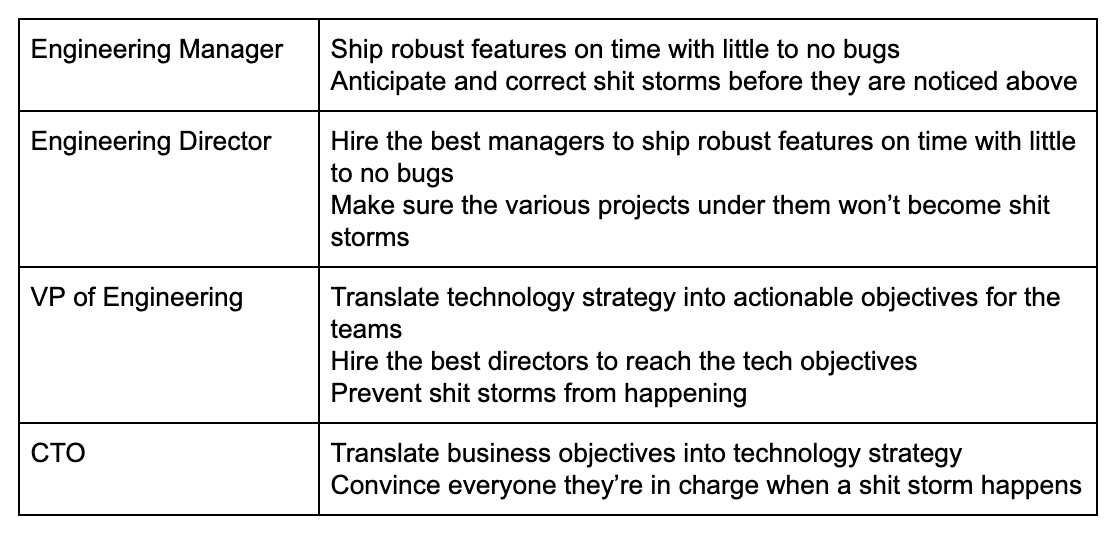If you live in the US or have been following US news, you might have witnessed the “interesting” relationship between Dr. Anthony Fauci, the "de facto" public health spokesperson for the White House during the pandemic, and President Trump. Each day Dr. Fauci has stood with President Trump, gently correcting misstatements and introducing actual truth to coronavirus briefings. After several weeks of this behaviour, the situation has deteriorated for Dr. Fauci, leading to tweets by Donald Trump, and a new round of speculation about whether the president will fire his top public health expert.
What Dr. Fauci is currently experiencing is a classic case of “managing up”, the art of building a better relationship with your manager, going wrong. OK. I know what you’re thinking. Managing up is probably a fancy name for “sucking up” and, in Dr. Fauci’s case, he probably has the worst boss in the world. Nonetheless, recent studies suggest that effective managers take time and effort to manage not only relationships with their subordinates but also those with their bosses. And a 2017 study by McKinsey lent support to the notion that upward and horizontal management were about 50 percent more important than managing subordinates for business success (45 percent versus 30 percent)—and well over twice as important for career success (47 percent versus 19 percent).
The apolitical software engineer
How many times have you witnessed a less-skilled or less-performing colleague being promoted instead of you? This frustrating situation was even exacerbated by the fact that you thought your work would speak for itself. So you shipped all your features on time and made your code more robust and less flawed than others. But human beings are not rational and, as you’ve probably figured out since, your boss has a much bigger impact on your career, and how your work is appreciated than you initially thought.
In fact, Slack’s recent Good Collaboration, Bad Collaboration report found that “ten percent of the French respondents rated ‘hierarchy’ as a top personal challenge at work.” (Norway and U.K. were second and third, and France was also the top nation to report “maintaining autonomy” as a challenge). I actually believe that in order to do great work in tech, you have to understand your manager better and take on some of their responsibilities. In that context, what I mean by managing up is making it easier for your manager to support you in doing great work.
Maker’s Schedule, Manager’s Schedule
In a famous essay, Y Combinator’s co-founder Paul Graham introduced a fundamental distinction between a manager's schedule and a maker's schedule. For Graham, “the manager's schedule is for bosses. It's embodied in the traditional appointment book, with each day cut into one-hour intervals. You can block off several hours for a single task if you need to, but by default, you change what you're doing every hour.”

What you can see above is a typical manager schedule. It's a concrete example of the asymmetry mentioned by Paul Graham. Managers are split between a lot of different people and a lot of different things, and they’re thinking about different things. So, by default, there is little chance that your manager will have time to think about this specific problem you brought to him a couple of weeks ago. After years of coaching and training technology leaders, I’ve realised that the very first reason senior executives want to train their managers is to avoid dealing with their problems altogether.
Manager README
Science has shown us that humans spend about 85% to 90% of the time thinking about themselves, understanding the world in relation to their emotions, their actions. So the first thing to do to understand your manager is to understand what they’re concerned about (in relation to their job). But what exactly is their job? If you've never done their job, I actually really recommend getting a book on it, like Camille Fournier's, "The Managers Path."
You’ll realise that whether your boss is an engineering manager, director, VP, or the CTO, their expectations and concerns would be very different. And if you’re a co-founding CEO or CTO, don’t think this doesn’t apply to you. As one of my former bosses used to say, “when you’re a middle manager, you have one asshole above you to worry about; when you are the CEO, you have 7 assholes above you to worry about, your board of directors”. I’ve summarized in the table below, technology leaders main concerns based on their position:

Of course, each organisation will have its own flavour of the above concerns, based on their size and their organisational beliefs. The best way to actually understand what your boss is concerned with is to actually ask them: what are their objectives, how are they evaluated, what currently prevents them from sleeping… are some questions you could ask.
Some managers that want their subordinates to really understand their expectations, but also their management style, create Management READMEs. Creating a user guide for your team could level up the quality (while cutting down the quantity) of questions from your team. Exchanges become richer and more efficient (though some people don’t think they’re useful).
Dealing with an incompetent boss
Unfortunately, some managers are worse than others. In a survey of 1000 American executives, 65 percent would prefer a better boss from a pay raise. Michael Useem, the William and Jacalyn Egan Professor of Management at the Wharton School and author of “Leading Up: How to Lead Your Boss So You Both Win” says that whether your boss lacks technical or managerial ability, the results are the same: bad bosses sap motivation, kill productivity, and can make you want to run from the job screaming.

While leaving is an option, it’s not the only one for coping with a bad boss. Consider these tactics first:
- Have empathy for your boss and the pressures he may be under;
- Create psychological boundaries around work so that your boss’s incompetence doesn’t negatively impact your health or wellbeing;
- Focus on the broader good of the organisation and what you can do to contribute;
- Don’t try to point out to your boss all the ways that she is incompetent;
- Don’t go to your boss’s boss unless you are aware of the potential ramifications;
- Don’t stick it out if none of your coping strategies are working — know when you need to leave
The great thing about working in tech is that there are always opportunities to work elsewhere. But sometimes the mission is bigger than your bad boss. Like Dr. Fauci who’s still holding on 😅
In summary
- Managing up is as important for your success and career as managing down
- Managing up based on much more than “sucking up”. It’s about understanding your boss’s concerns, schedule and taking some of their responsibilities
- When we have a bad boss, there are still some tactics to use until you decide to leave them for a new challenge
Additional resources
📖 Influencing Up - a book by Allan R. Cohen and David L. Bradford
📄 Managing your boss- a classic Harvard Business Review article by John J. Gabarro and John P. Kotter
💻 Getting Real about Managing up- a talk by Kellan Elliott-McCrea, the former CTO of Etsy
